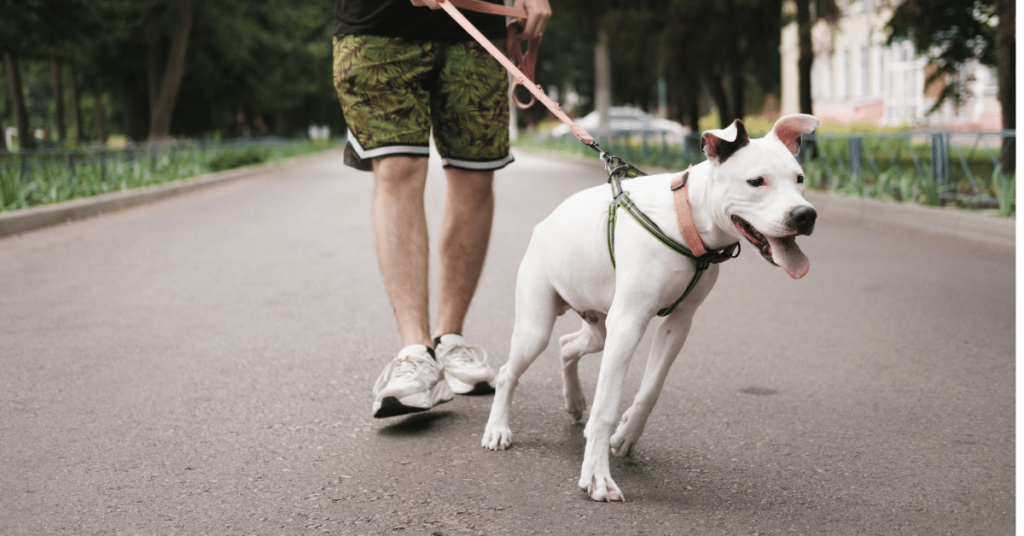Breed Overview
The German Shepherd, also known as the Alsatian, is one of the most popular and recognizable dog breeds worldwide. Bred in Germany in the late 19th and early 20th centuries, German Shepherds were originally used for herding sheep. However, their intelligence, strength, and agility quickly earned them a role in various tasks, including police and military work.
Characteristics: German Shepherds are medium to large-sized dogs with a well-proportioned and muscular build. They have a distinctive double coat, consisting of a thick, straight outer coat and a dense undercoat that offers protection in different weather conditions. The breed’s colorings range from black and tan to sable, with the black and tan combination being the most common.
Temperament: Renowned for their loyalty and intelligence, German Shepherds are devoted and protective of their families. They make excellent guard dogs and are often used in search and rescue missions due to their keen sense of smell and tracking abilities. With proper socialization, they can be gentle and affectionate companions, forming strong bonds with their human pack.
Training Tips
While German Shepherds are highly trainable, they can present some unique challenges during the training process. Understanding their characteristics and utilizing breed-specific techniques can make a significant difference.
1. Early Socialization: Start socializing your German Shepherd puppy from an early age to ensure they grow up to be well-adjusted and confident dogs. Expose them to various people, places, and other animals in controlled settings to build positive associations.
2. Consistent Training: German Shepherds respond best to consistent and positive reinforcement-based training. Use rewards such as treats, praise, and playtime to motivate and encourage desired behaviors.
3. Mental Stimulation: These intelligent dogs need mental challenges to stay engaged and content. Incorporate interactive toys, puzzle games, and obedience training to keep their minds sharp.
4. Avoid Harsh Methods: Avoid using harsh training methods or punishment, as it can lead to fear and anxiety in the breed. Positive reinforcement encourages trust and strengthens your bond with your German Shepherd.
Health and Wellness
German Shepherds are generally robust dogs, but like all breeds, they can be prone to certain health issues. Regular vet check-ups and a balanced approach to their health needs are essential.
1. Common Health Issues: German Shepherds may be susceptible to hip and elbow dysplasia, degenerative myelopathy, and bloat (gastric dilation volvulus). Additionally, they might have a predisposition to certain genetic conditions, such as hemophilia and certain heart diseases.
2. Grooming Needs: The breed’s double coat requires regular grooming to keep it clean and healthy. Brush your German Shepherd at least once a week and more frequently during shedding seasons. Trim their nails, check their ears for signs of infection, and maintain dental hygiene.
3. Exercise Requirements: These energetic dogs require regular exercise to stay happy and healthy. Engage them in daily walks, play fetch, or let them run in a secure and spacious yard. Mental stimulation through training and games is equally important.
Nutrition and Diet
Providing a well-balanced diet is crucial to ensure your German Shepherd’s overall health and longevity.
1. High-Quality Dog Food: Choose premium dog food that meets the breed’s specific nutritional needs. Look for products formulated to support joint health, as large breeds like German Shepherds can be prone to joint issues.
2. Portion Control: Avoid overfeeding and monitor your dog’s weight to prevent obesity, which can exacerbate joint problems. Consult with your vet to determine the appropriate portion size for your German Shepherd’s age, weight, and activity level.
3. Fresh Water: Always provide access to fresh, clean water to keep your dog hydrated, especially after exercise.
Behavior and Socialization
German Shepherds are known for their loyalty and protective instincts, but early socialization and consistent training can help manage certain breed-specific behaviors.
1. Watchful Guardians: German Shepherds are natural watchdogs and may be protective of their families and territory. Early socialization can help prevent over-protectiveness.
2. Aggression Management: If you notice aggressive behavior, consult a professional dog trainer or behaviorist to address it promptly and effectively.
3. Family Inclusion: Involve your German Shepherd in family activities to strengthen the bond and ensure they feel included and loved.
Breeding and Genetics
If you’re considering breeding German Shepherds, it’s essential to be knowledgeable about responsible breeding practices and genetic considerations.
1. Health Screening: Before breeding, ensure that both the male and female dogs undergo thorough health screenings to rule out any hereditary health issues.
2. Ethical Breeding: Responsible breeding focuses on maintaining the breed’s health and temperament while avoiding overbreeding or contributing to puppy mills.
3. Expert Guidance: Seek guidance from experienced breeders or veterinarians who can provide valuable advice throughout the breeding process.
Activities and Sports
German Shepherds thrive when they have a job to do. Engaging them in activities and sports can help channel their energy and intelligence constructively.
1. Agility Training: German Shepherds excel in agility training, which challenges them mentally and physically.
2. Obedience Competitions: Participate in obedience competitions, as this breed excels in demonstrating their training skills.
3. Search and Rescue: Due to their tracking abilities, German Shepherds are often used in search and rescue operations.
Breed-specific Products and Accessories
Tailor your German Shepherd’s toys, treats, and gear to suit their needs and preferences.
1. Durable Toys: Choose toys designed to withstand the breed’s strong jaws and high energy levels.
2. Treats for Training: Opt for high-quality treats that motivate and reward your German Shepherd during training sessions.
3. Quality Collars and Harnesses: Invest in sturdy collars and harnesses to manage your dog comfortably during walks.
In conclusion, German Shepherds are a remarkable breed with a rich history, exceptional traits, and remarkable capabilities. From training and health to activities and famous dogs, this versatile breed offers a unique and fulfilling experience for those fortunate enough to share their lives with them. Whether you’re considering adopting a German Shepherd or already have one as a beloved companion, understanding their breed-specific needs and providing love, care, and proper training will ensure a fulfilling and harmonious bond with these loyal and devoted canine companions.







